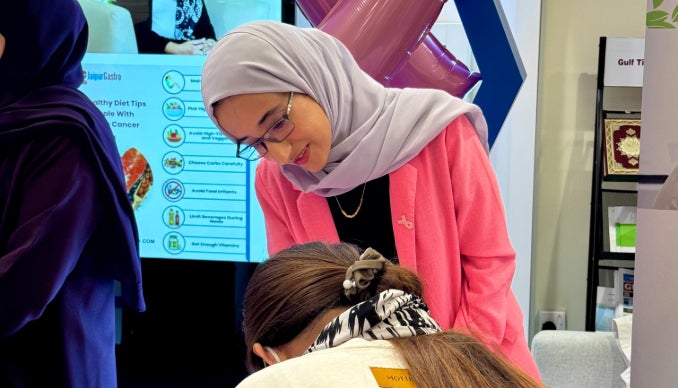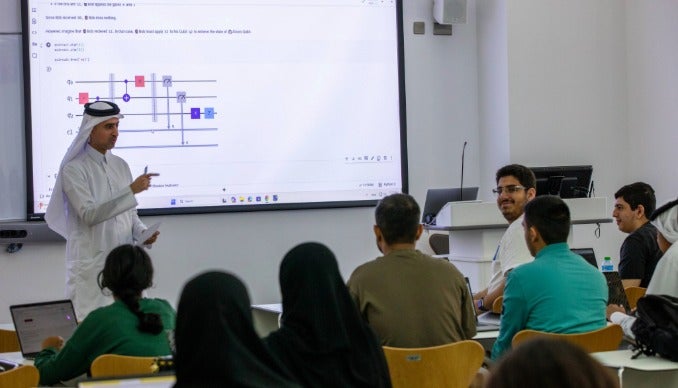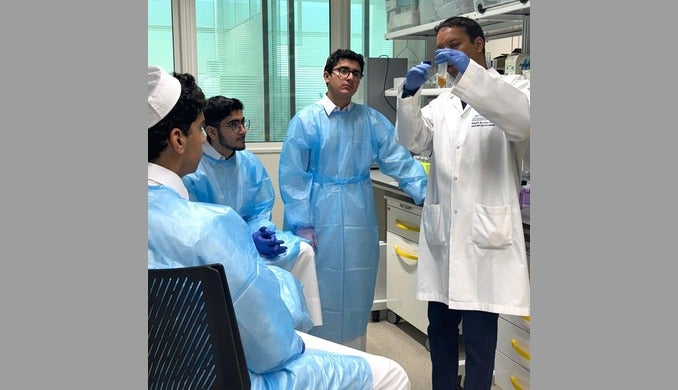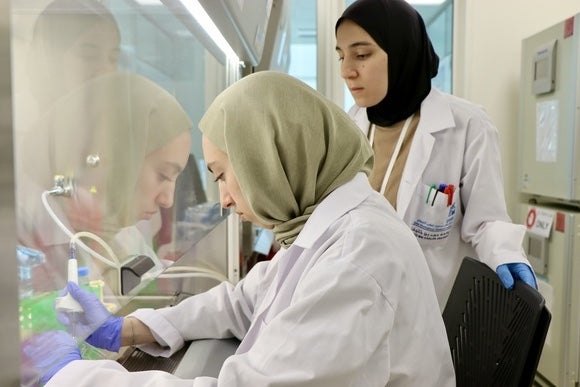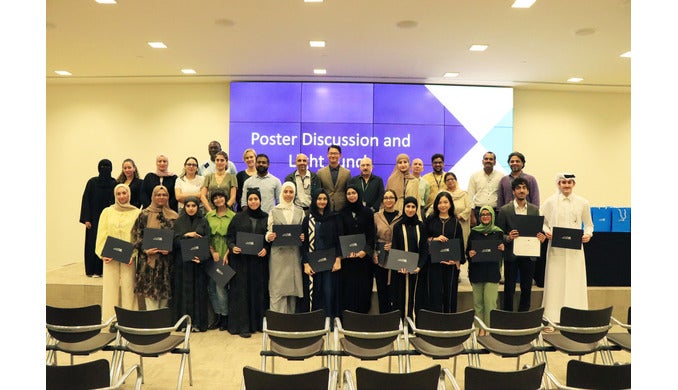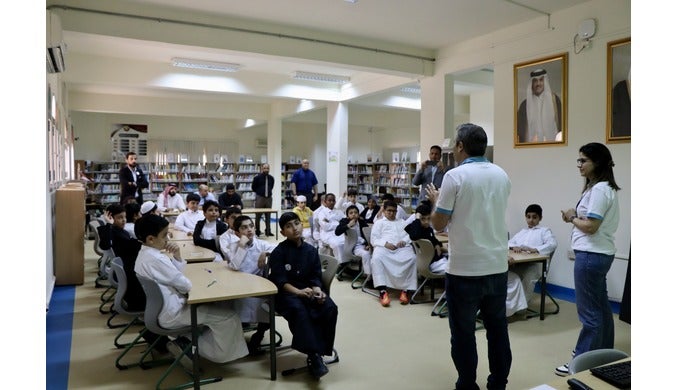Expert insights on public health approaches and Singapore’s strategy for tackling the virus

The ongoing global fight against COVID-19 provided the context for two recent webinars organized by Qatar Biomedical Research Institute (QBRI) at Hamad Bin Khalifa University (HBKU).
Taking place September 15, COVID-19 Pandemic: A Global Perspective provided an overview of global epidemiological trends and different public health approaches employed to tackle the virus. Discussions also focused on the apparent lack of rapid and timely community-centered approaches for confronting COVID-19. In doing so, the webinar highlighted how weak public health structures might have contributed to the high number of cases and fatalities in many countries.
The webinar was delivered by Dr. Saverio Stranges, who is currently Professor and Chair of the Department of Epidemiology and Biostatistics in the Schulich School of Medicine and Dentistry at Western University in Ontario, Canada. In January 2020, Dr. Stranges was also nominated as Vice-President of the Chronic Diseases Section within the European Public Health Association (EUPHA).
He has published extensively in the area of chronic disease epidemiology, with over 200 publications as scientific articles, reviews and book chapters. The webinar also featured Dr. Eric Arts, Professor in Microbiology and Immunology – Drugs and Vaccine Development Research. This webinar was moderated by Dr. Paul John Thornalley, Director of the Diabetes Research Center at QBRI.
COVID-19 Pandemic: A Global Perspective was followed on September 28 by Singapore's Early Planning and Response to COVID-19. The webinar began by analyzing prior outbreaks of serious illnesses, including Severe Acute Respiratory Syndrome (SARS) and Middle East Respiratory Syndrome (MERS). Special emphasis was placed on the financial costs as well as lessons learned ahead of future outbreaks and pandemics. From there, the webinar turned to Singapore's early planning and response to COVID-19 and adjustments made as the pandemic evolved.
Singapore's Early Planning and Response to COVID-19 was delivered by Dr. David Allen, an Associate Professor at the Yong Loo Lin School of Medicine at the National University of Singapore and moderated by Dr. Prasanna Kolatkar, Senior Scientist at QBRI. Earlier this year, the infectious disease specialist co-hosted COVID-19: Updates from Singapore, a weekly webinar series detailing the city-state’s response to the pandemic.
Speaking about the webinars, Dr. Omar El Agnaf, Executive Director, QBRI, said: “While COVID-19 is a shared global concern, there’s no unified approach to confronting the virus. Through relevant webinars, we aim to share knowledge and best practices. In this respect and much like Qatar, Singapore offers an interesting example of what can be achieved when state and public health actors respond in a stealthy and timely manner. Both qualities will grow in importance as the COVID-19 pandemic unfolds.”
For more information about Qatar Biomedical Research Institute and its centers, please visit qbri.hbku.edu.qa
Related News





